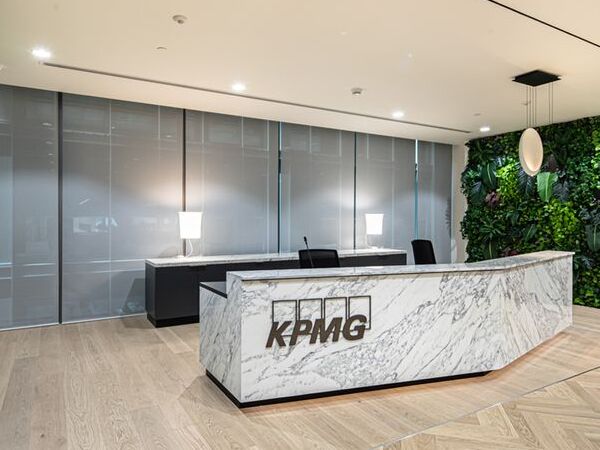According to the Financial Times, Dubai has instructed KPMG to pay $231 million due to their audit of Abraaj fund.
Dubai has ordered KPMG to pay a fine of $231 million due to their inadequate audit of the collapsed private equity firm Abraaj. The Financial Times reported on this development, stating that this is one of the largest fines ever imposed on an auditing firm.
The Dubai Financial Services Authority (DFSA) imposed the fine on KPMG’s local unit in the United Arab Emirates (UAE) for their shortcomings in the audit of the Abraaj Growth Markets Health Fund. Abraaj, once one of the largest private equity firms in the Middle East, collapsed in 2018 after allegations of fraud and mismanagement surfaced.
According to the DFSA, KPMG’s audit failures were extensive and included non-compliance with international auditing standards, failing to obtain adequate audit evidence, and not disclosing the deficiencies in the audit reports. The DFSA found that KPMG’s auditors did not exercise the required level of professional skepticism and that they relied too heavily on the information provided by Abraaj’s management without conducting appropriate audit procedures to verify its accuracy.
The $231 million fine is considered to be one of the highest penalties ever imposed on an auditing firm, both globally and in the UAE. It also represents a significant increase from the original penalty proposed by the DFSA, which was $145 million.
KPMG has stated that it is “disappointed” with the DFSA’s decision and that it is considering its legal options. In a statement, the company said, “We have cooperated fully with the DFSA throughout its investigation and are disappointed that we have been sanctioned for what we believe were actions taken in good faith.”
Abraaj, once considered a leading private equity firm in the Middle East, collapsed in 2018 after investors accused the company of misusing their funds. The company had been managing investments worth billions of dollars across emerging markets, including healthcare, energy, and real estate.
The DFSA’s investigation into Abraaj began in early 2018, and KPMG was commissioned to conduct an audit of the Abraaj Growth Markets Health Fund. The audit was conducted by KPMG’s UAE unit, which is responsible for auditing Abraaj’s Dubai-based subsidiary.
The DFSA found that KPMG’s audit was inadequate and that it did not comply with international auditing standards. The regulator also said that KPMG did not have an adequate understanding of the nature and complexity of the fund’s investments.
The fine imposed on KPMG is one of several penalties imposed on companies and individuals linked to Abraaj’s collapse. The company’s founder, Arif Naqvi, is currently facing extradition to the United States to face charges of fraud and money laundering. He has denied any wrongdoing.
Abraaj’s collapse has had a profound effect on the private equity and venture capital industry in the region, as well as investors who lost money when the firm declared bankruptcy. The Dubai Financial Services Authority (DFSA), which is responsible for regulating the financial markets in Dubai, launched a major investigation into Abraaj and its subsidiaries in 2018. The DFSA has since imposed a number of fines on Abraaj-related entities, including KPMG.
As part of the investigation, the DFSA found that KPMG had failed to act with due skill, care and diligence when conducting audit work for Abraaj’s subsidiary in the UAE. This enabled Abraaj to misappropriate and misuse investor funds, leading to the eventual collapse of the firm. In December 2019, Arif Naqvi was arrested in London on behalf of Interpol at the request of local authorities in Dubai.
In conclusion, Dubai’s decision to fine KPMG’s UAE unit for its inadequate audit of Abraaj highlights the importance of strong and thorough auditing practices. It also serves as a warning to auditing firms to exercise greater professional skepticism and to ensure that they comply with international auditing standards. While KPMG has expressed its disappointment with the decision, it remains to be seen whether the company will take any legal action against the DFSA’s ruling.





